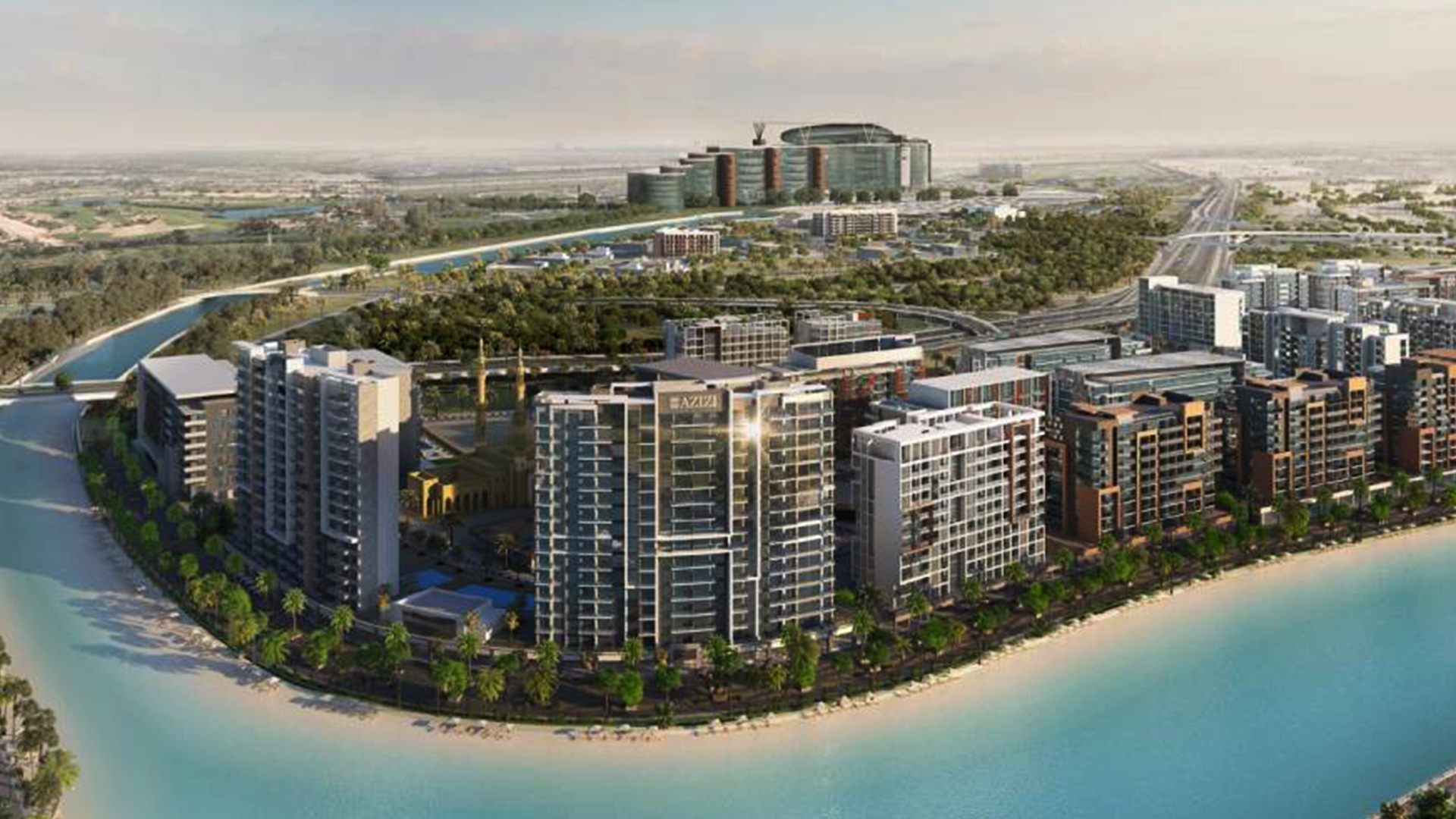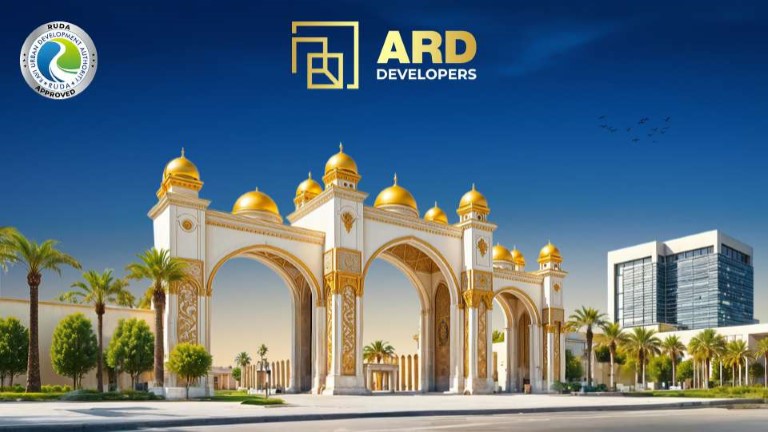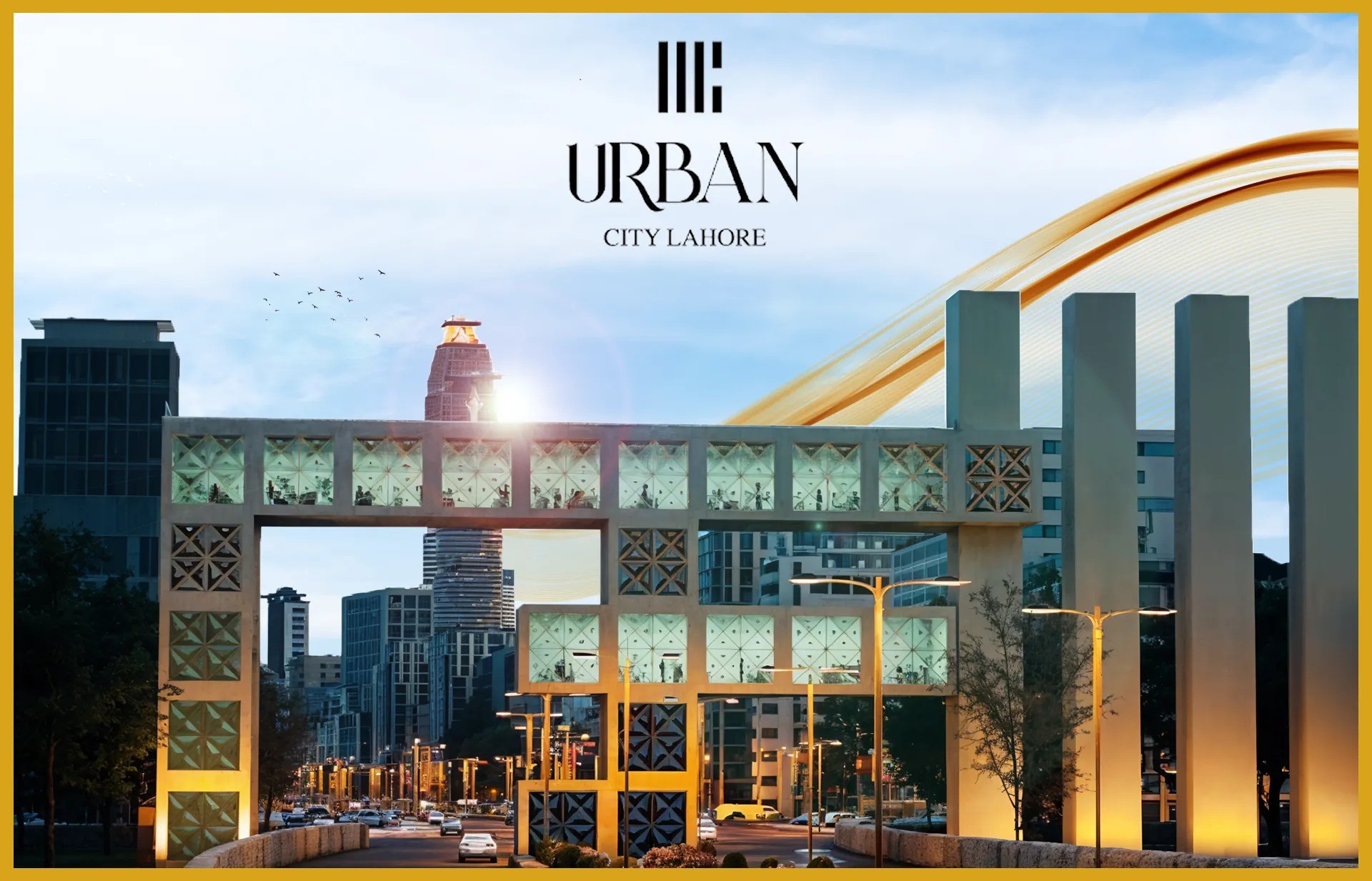Converting a residential property into a space for business is a strategic consideration for many entrepreneurs in Dubai—but it’s not as simple as setting up a desk and hanging a sign.
With Small and Medium Enterprises (SMEs) making up 95% of all registered businesses in the UAE and employing over 40% of the workforce, the demand for cost-effective and flexible business spaces is growing rapidly. Government projections even estimate that over 1 million SMEs will be operating in the UAE by 2030.
As every business begins with modest foundations, many owners consider the possibility of operating from home or turning a residential unit into a commercial hub. But is it legal? And what are the implications?
The short answer is yes—but only if strict regulatory requirements are followed.
Converting a residential property for business purposes involves careful planning, legal approval, and a strong understanding of the local real estate framework. While the process can be intricate and involve financial outlay, it may be a worthwhile path for select ventures—provided you’re supported by the right professional and legal advisors.
Legal Guidelines and Regulatory Framework
Dubai’s real estate landscape is governed by the Dubai Land Department (DLD) and its regulatory arm, the Real Estate Regulatory Agency (RERA).
By default, residential properties are intended solely for residential use. Operating a commercial activity from such a property without prior approval from authorities is not only discouraged—it’s illegal.
To legally repurpose a residential property for commercial activities, you must formally apply to change the property’s use classification and gain the necessary authorizations. This includes meeting zoning restrictions, adhering to commercial building standards, and passing regulatory inspections.
Step-by-Step: How to Convert a Residential Property to Commercial Use
If you’ve assessed your business needs and believe this is the right direction, here’s how the process generally works:
1. Submit a Formal Application
Initiate the process by submitting a detailed application to the Dubai Land Department (DLD) or RERA, stating your intent to convert the property to commercial use.
2. Approval and Inspections
Once the application is under review, relevant authorities may conduct site inspections and technical assessments to evaluate whether the property can meet commercial compliance standards.
3. Renovation and Code Compliance
Your property must be upgraded to align with commercial building codes, which often include structural enhancements, fire and safety systems, accessibility features, and designated utility infrastructure.
4. Fee Settlement
You will be required to pay conversion and approval fees, which vary based on location, size, and intended business activity. These fees can be significant and should be factored into your overall business setup costs.
What Are the Advantages of Converting a Residential Property for Business?
For certain types of businesses, especially startups and boutique service providers, this approach can offer several benefits:
- Cost Efficiency: Residential properties are often priced lower than commercial units, especially in prime areas.
- Ownership Control: Owning the premises allows for custom design and fit-out, free from restrictive commercial lease terms.
- Familiarity and Accessibility: For entrepreneurs already residing in the property, converting it for work can provide logistical convenience and savings on operational overheads.
Challenges You Should Consider
Despite the advantages, there are some significant hurdles you may encounter:
- Bureaucratic Processes: Obtaining approvals, permits, and zoning clearance can be time-consuming and administratively demanding.
- Neighbourhood Resistance: Residents in primarily residential communities may object to commercial activities, potentially resulting in disputes or regulatory intervention.
- Renovation Expenses: Converting a home into a commercial-grade facility can require substantial renovation to comply with health, safety, and building regulations.
Important Considerations Before Moving Forward
Before you start converting, evaluate the following:
✅ Location Suitability
Not every residential area is conducive to business. For example, tranquil communities like Al Barari or The Lakes may not support businesses that rely on customer footfall or deliveries.
✅ Functional Layout
Homes are designed for comfort and living—not for client meetings, storage, or commercial logistics. Be prepared to remodel extensively to create an environment that aligns with your operational needs.
✅ Market Feasibility
Thoroughly research demand in your area. Will your business attract sufficient foot traffic or client visits to justify the investment? Consider your competitors, your industry, and long-term scalability.
Partner with Ocean Gate Luxury Properties for Expert Guidance
At Ocean Gate Luxury Properties, we understand that real estate is about more than location—it’s about strategy. Whether you’re seeking to reposition a residential asset for business use or identify mixed-use opportunities that align with your commercial goals, our experienced advisors offer tailored, legally compliant solutions.
Let us help you navigate the nuances of Dubai’s evolving real estate market with precision and professionalism.
Contact our team today to explore your options and receive expert consultation on property conversions, zoning approvals, and investment strategies that work.







